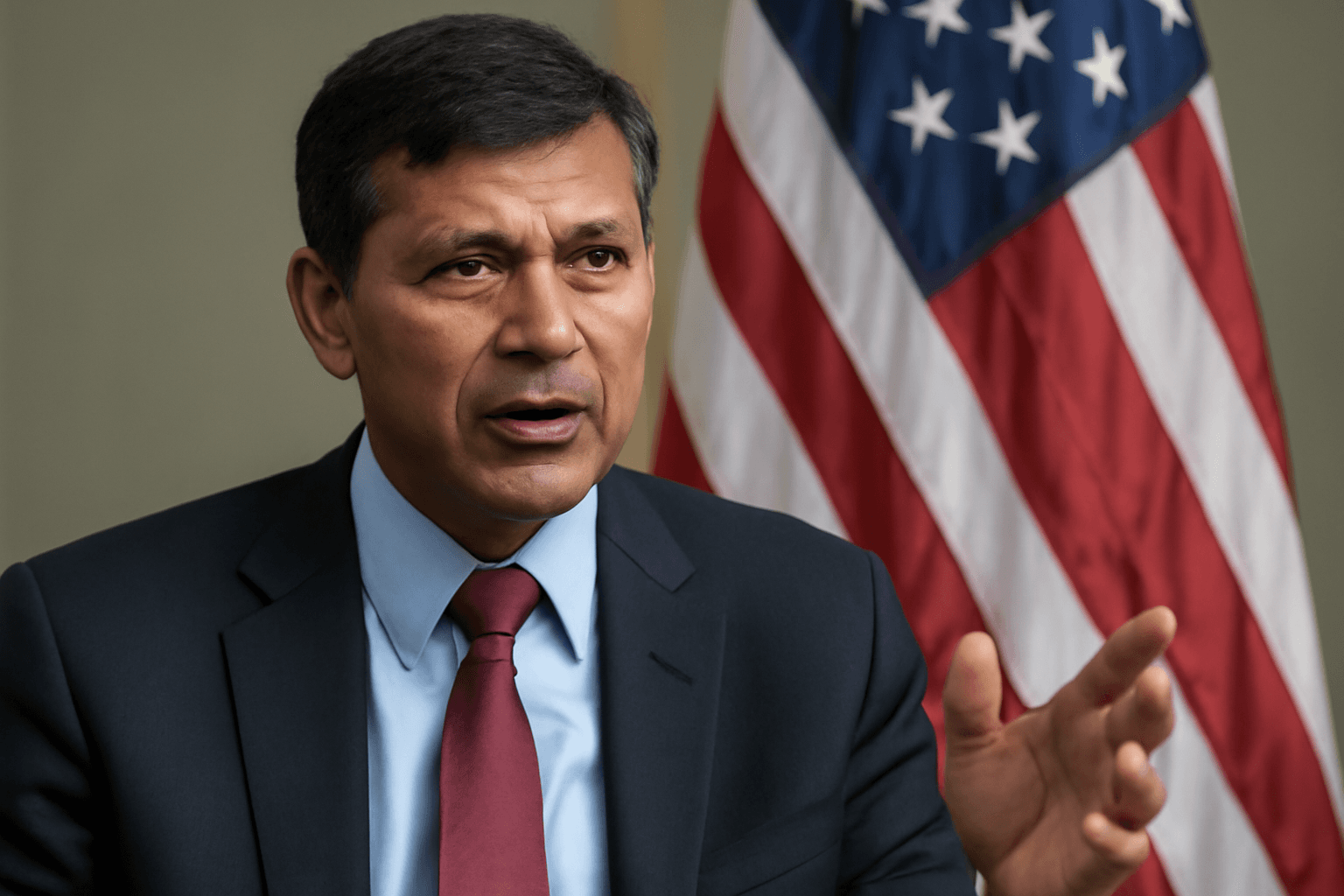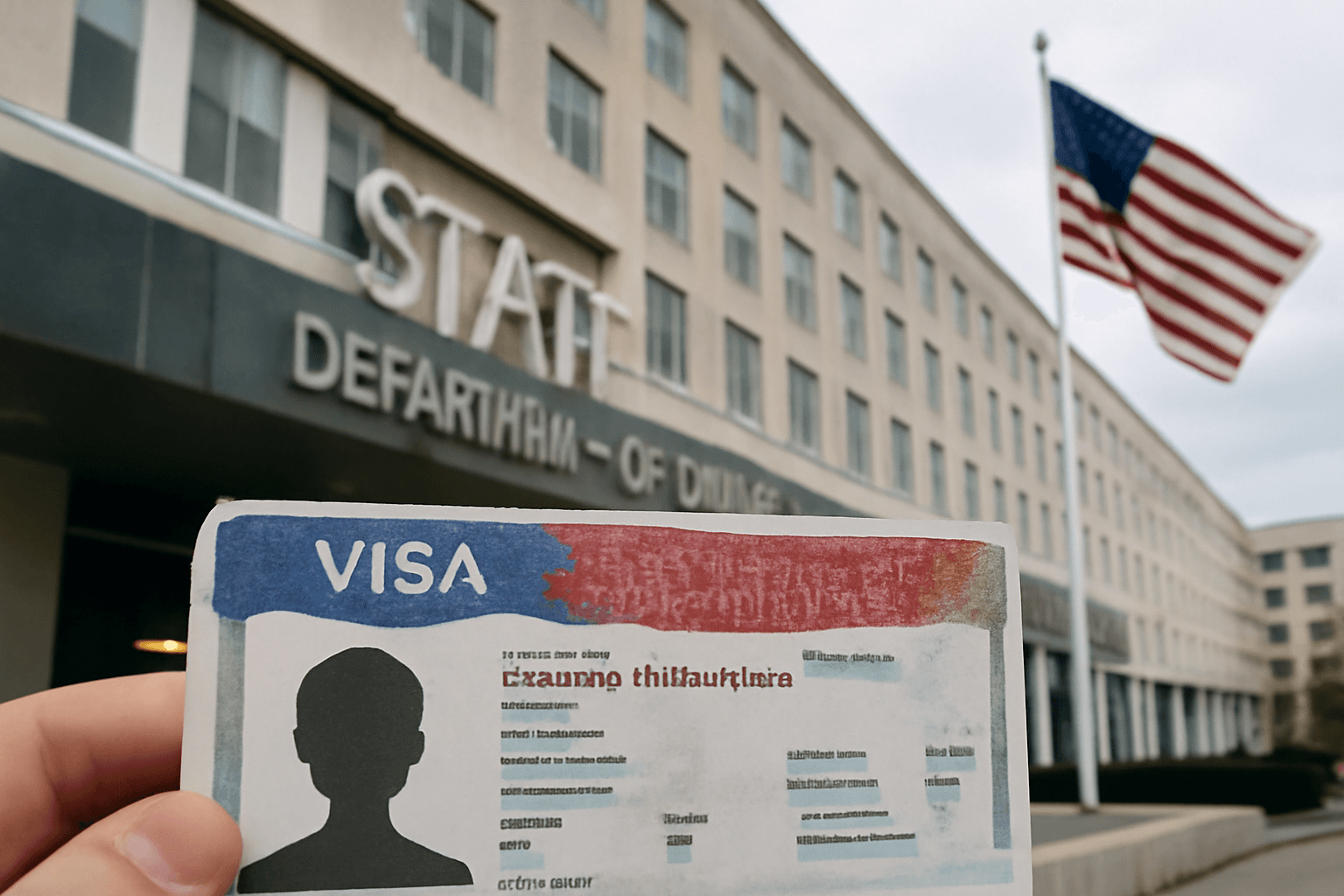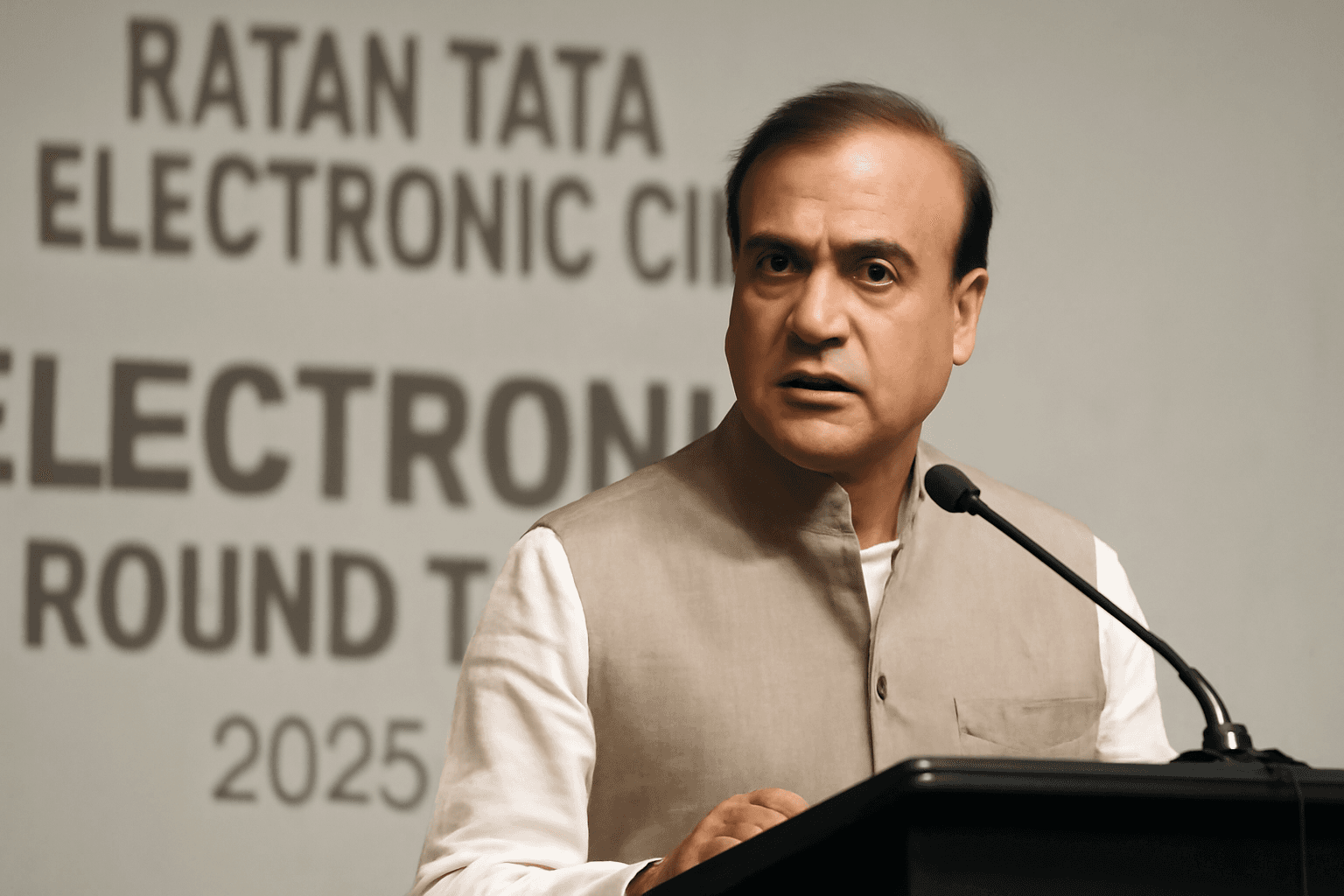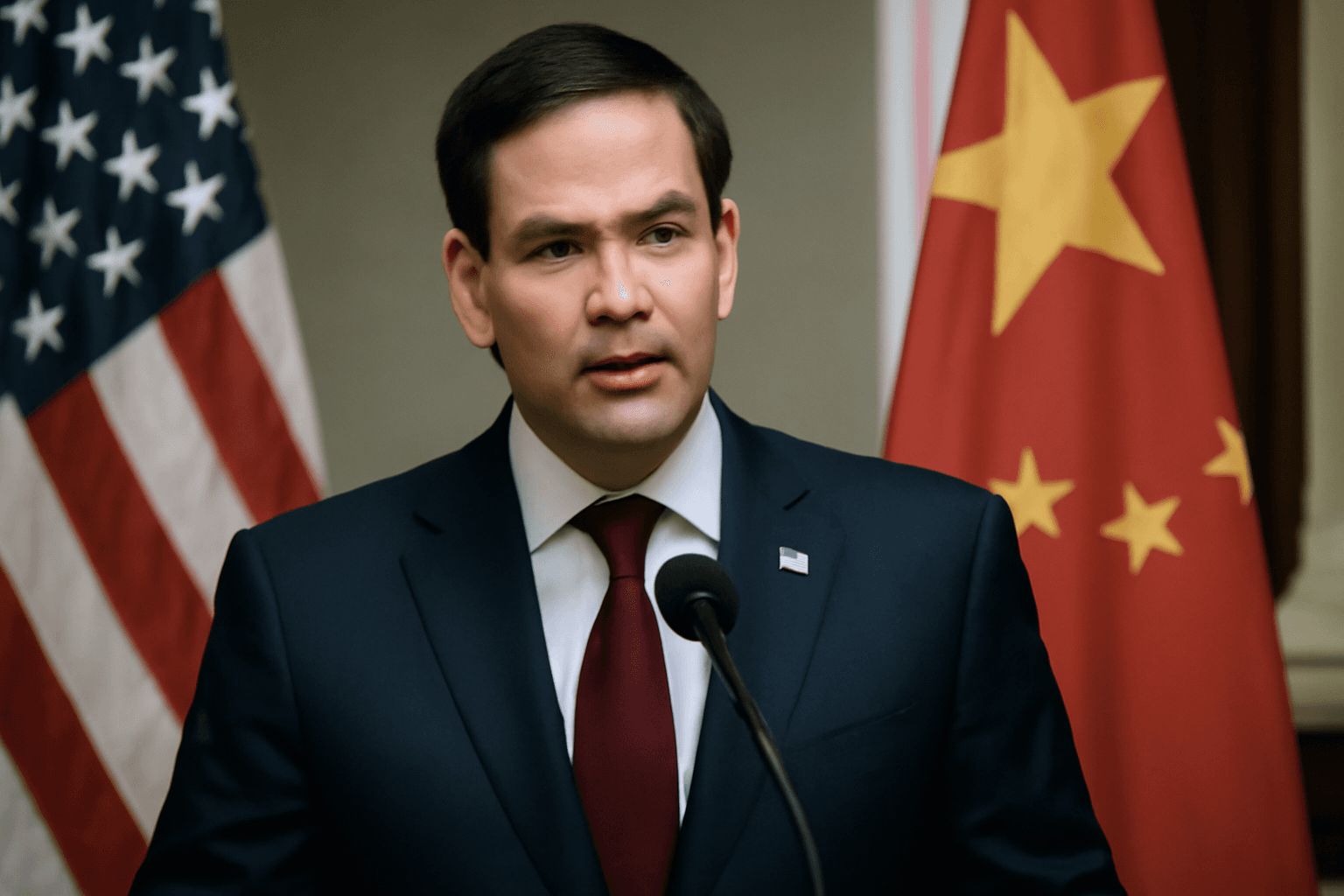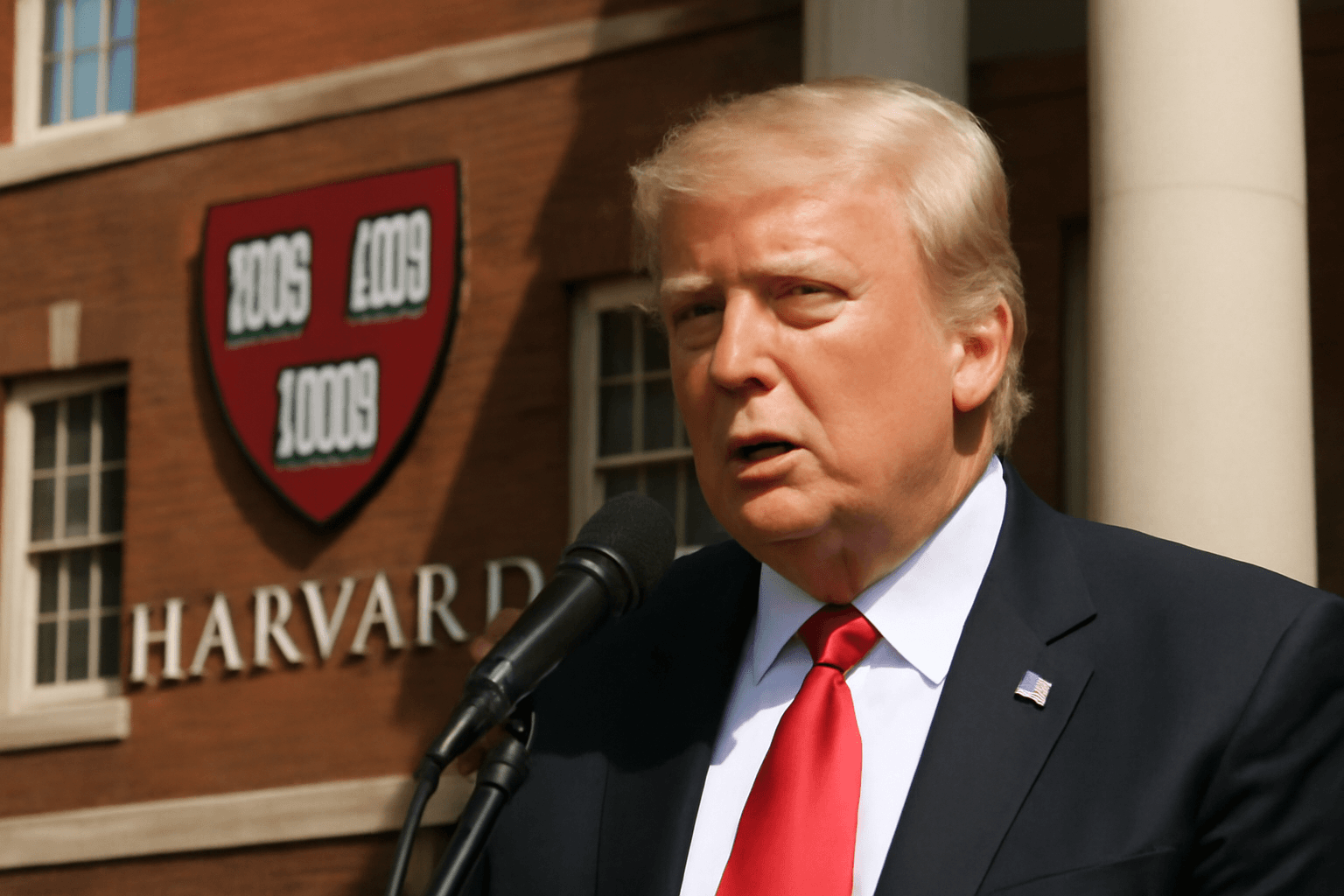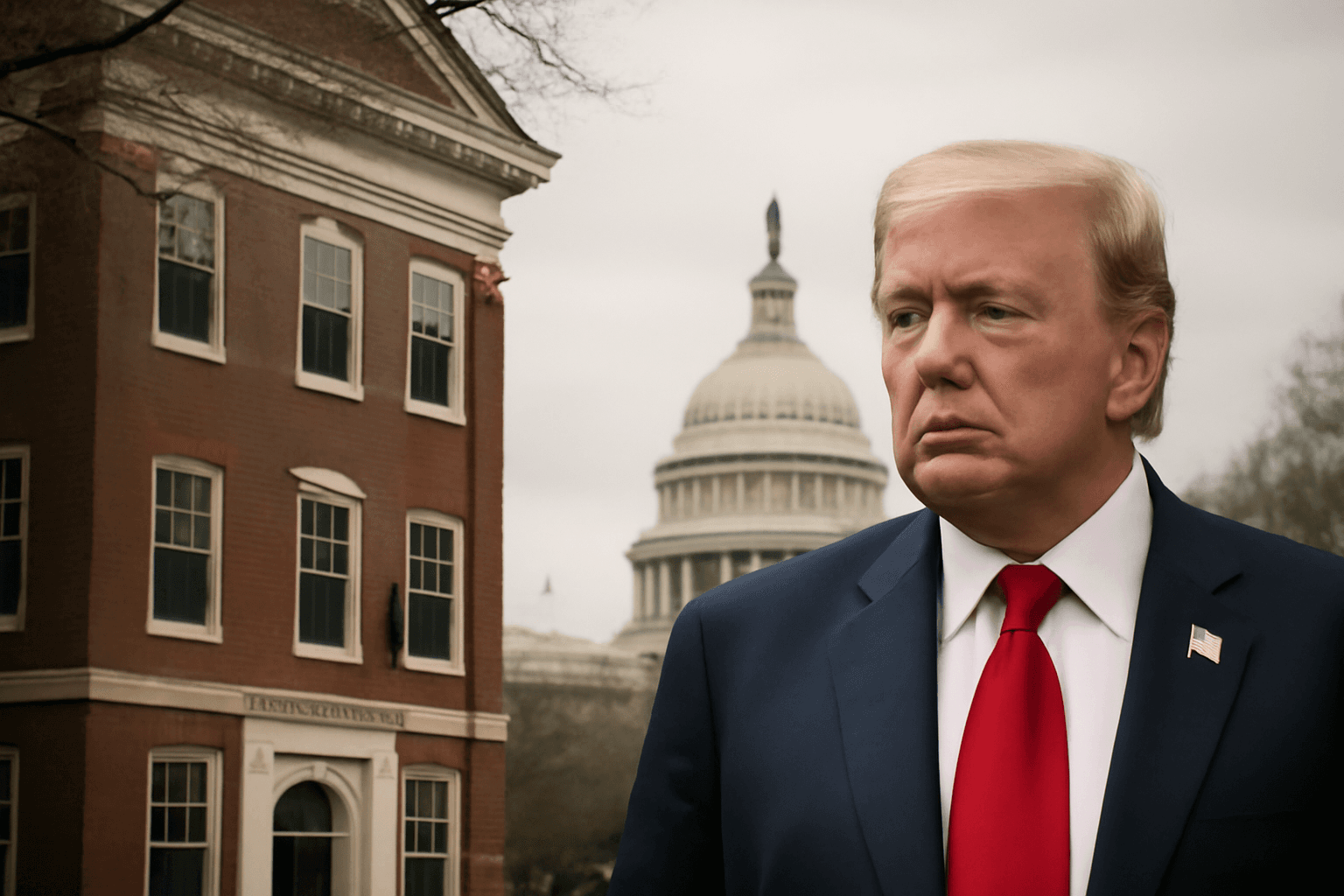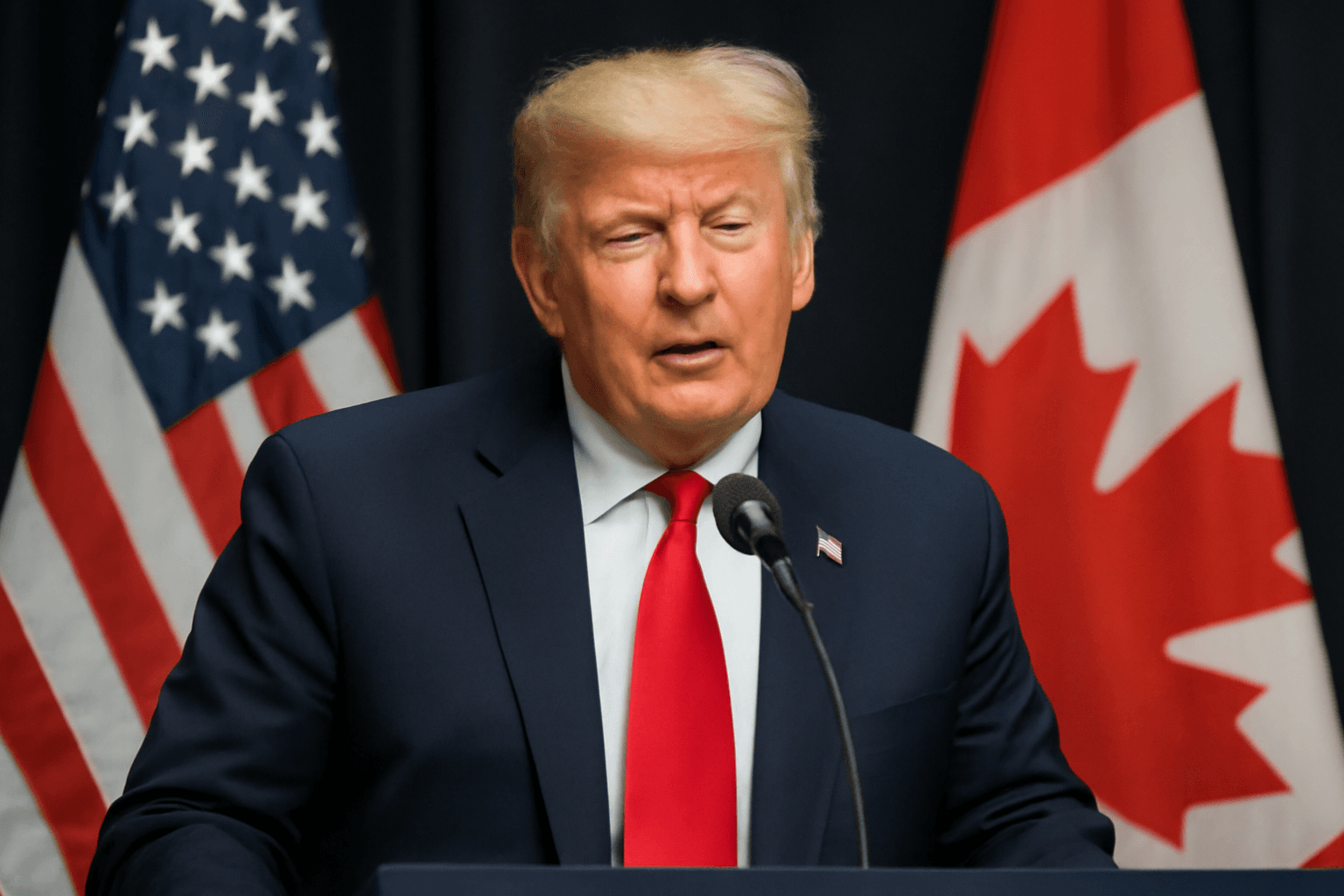Former Reserve Bank of India (RBI) Governor Raghuram Rajan has voiced strong concerns over policies by the Trump administration aimed at restricting international students entering the United States. He emphasized that such measures could have detrimental long-term effects on the American economy.
In a recent interview with Bloomberg TV, Rajan highlighted the critical role foreign students have historically played in fueling innovation and economic growth in the US. He pointed to influential figures like Sergey Brin, co-founder of Google, who immigrated as a student and significantly contributed to the country’s technological leadership.
Rajan remarked, "The Sergey Brins of the world came as students and did wonders for the US economy. Universities have not sufficiently conveyed that foreign students are central not only to growth but also to its equitable distribution." Currently, international students make up approximately 5.9% of nearly 19 million higher education students in the US. During the 2023-2024 academic year, over 1.1 million international students were enrolled, with the largest groups coming from India and China.
The Trump administration’s efforts to curb foreign student admissions intensified recently when US embassies were instructed to halt scheduling student visa interviews. This move coincides with plans for enhanced social media screening of applicants, citing national security and concerns regarding antisemitism as justifications. A diplomatic cable sent to embassies worldwide stated that no new appointments for F, M, and J visa categories (student and exchange visitors) should be scheduled pending further directives.
Rajan warned that these restrictive policies have created a climate of uncertainty among university faculty and leadership, adversely affecting their ability to contribute economically. He compared the decision-making behavior of prospective students to investment patterns in uncertain markets—hesitating or diverting to more welcoming destinations when stability is lacking.
Highlighting the broader implications, Rajan noted how companies like Alphabet Inc. (Google) have fueled employment growth partly due to access to a diverse pool of international talent nurtured through higher education institutions.
As US policymakers deliberate on tightening foreign student admissions, Rajan’s cautions underscore the potential risk to America’s innovation ecosystem and economic competitiveness stemming from these actions.

